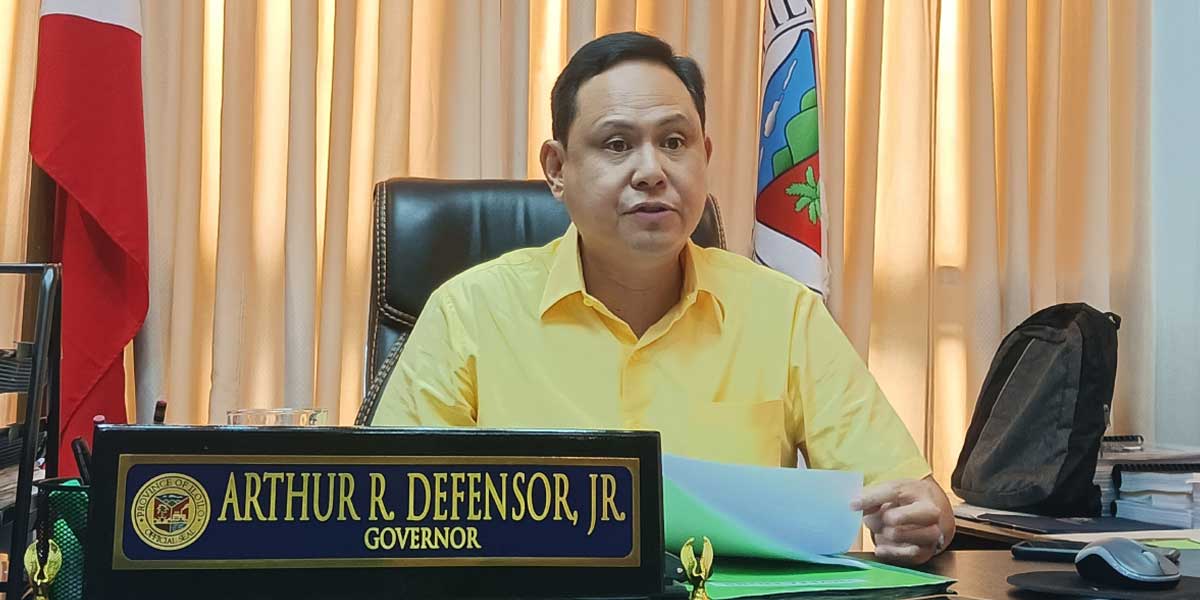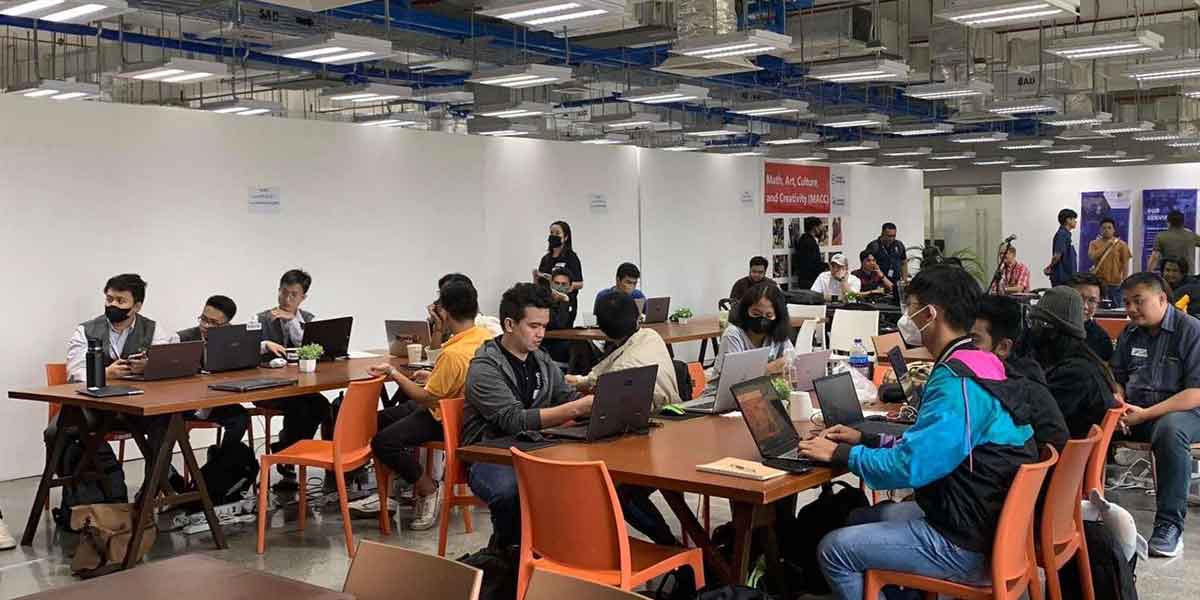
By Glazyl Y. Masculino
BACOLOD City – Communities are reeling from the coronavirus disease 2019 (COVID-19) crisis due to economic slowdown which leads to job losses.
Even us journalists who report on the difficulties caused by the pandemic are not exempted from the economic backlash of the crisis.
Take the case of 103.1 Brigada News FM Bacolod, which has been operating for two years now. The station was the first media outlet here to retrench its employees amid this pandemic.
One reporter, a utility personnel, a driver, and an administrative staff were among those who will be terminated effective July 5, 2020.
According to Gissa Lacse, a reporter of the radio station, they were informed about the retrenchment on June 5.
At 24, Lacse started her career at the said radio station in April 2019, after she finished AB Communication at the University of St. La Salle here. She became a regular reporter in October of the same year.
Lacse said her termination is a big blow because she is the only breadwinner of their family. She also lamented ending her stint in journalism this early as she needs to shift to another field to earn. But she said her experience in radio expanded her network of friends and acquaintances.
Lacse said that a lot of people lost their jobs as well, but she felt “abandoned” by the company, especially in these trying times.
She said that she understands that the company needs to reduce its operations and employees because of the current situation, but she felt bad for her colleagues who also lost their jobs and have no other means of livelihood.
She said that two of their fellow workers opted to sell fish and work for a construction company while they are looking for more stable jobs.
To survive, Lacse said that she used up her savings in the meantime to cope with the situation, as she was also taking care of her grandmother.
Currently, she is waiting for her final training before she officially starts her work in the Business Processing Outsourcing (BPO) industry.
Lira Maglantay, the administrative staff of the radio station, shared the same sentiment that their company abandoned them.
Maglantay said that she wasn’t expecting to be included in the retrenchment, being one of those pioneers in the Bacolod station. “It has been a rollercoaster ride for almost two years and seven months that I was part of the company,” she added.
Maglantay said that she felt disappointed with the turnout of events, though she claimed that “ironically the company has a foundation helping the poor.”
She said that she also used up her savings to look for other jobs. “Despite everything, at the end of the day, you just have to divert your thoughts positively, acceptance is the key to move on and look for better opportunities and explore other environment,” she added.
The two other employees refused to be interviewed. The four workers will still receive their separation pays from the company.
Daily Guardian tried to reach the local management for comment, but to no avail.
‘NO ONE IS EXEMPTED’
The Negros Press Club said in a statement that no one is exempted from the effects of COVID-19.
“But while we cannot blame the media outlets for the retrenchment due to their losses brought by the pandemic, we hope that those who are affected, are properly given their benefits and payments for the services they have rendered.”
The club said it acknowledges the fact that the health crisis or any other disasters are inevitable, thus, it is encouraging media outlets to craft alternative ways and programs that could be implemented for their employees and their company in general to survive in times like this.
“NPC will do its best to help in any way that we can to somehow lessen the burden of our media colleagues who have lost their jobs in these trying times,” the club said.
Several newspapers also halted print operations due to the lockdown which halted business transactions and advertising.
COVERING COVID-19
Being at the frontline of this crisis is never easy. For some it may be a privilege, but for media practitioners, it is a responsibility, as they are tasked to deliver facts and inform the public about what is really happening globally.
Journalists encounter sleepless nights of monitoring COVID-19 related developments, and for some, it even bothers them how the virus is rapidly spreading and claiming lives across the nation.
It is scary, and it even puts them in danger as they cover stories on the field to update the people about the current situation.
For Adrian Prietos, regional correspondent and co-anchor of GMA’s One Western Visayas, he fully acknowledges the risks of the job, but instead of staying home, he finds himself more relevant in chronicling the plights, aspirations, and hopes of the people amid this health emergency.
“We are being fueled by our principle, “local news matters,” thus, more than ever, we see the need to step up with our reporting,” he said.
Prietos said that they have a solid support group in GMA Regional TV.
“We are being checked regularly by our bosses apart from guidelines that we religiously follow in covering COVID-19-related stories,” he added.
John Dale Salazar of Aksyon Radyo Bacolod said that covering COVID-19 related stories was a tough and stressful job.
“This is because people demand so much information from the media to keep them updated,” he added.
Salazar said that one of the difficulties he encountered during news gathering is when your interviewees don’t respond to messages or calls for an interview especially if there’s a breaking news.
Another thing is when your source relay an incorrect or limited information and you get bashed on social media, he added.
These things have caused me not mental stress but physical and mental fatigue, Salazar said.
But he considered these things as a challenge to further help him improve his reportorial skills.





















